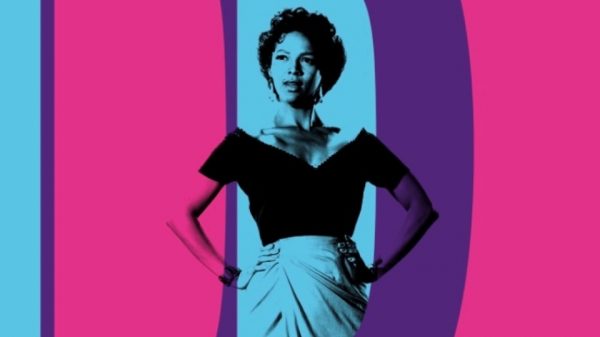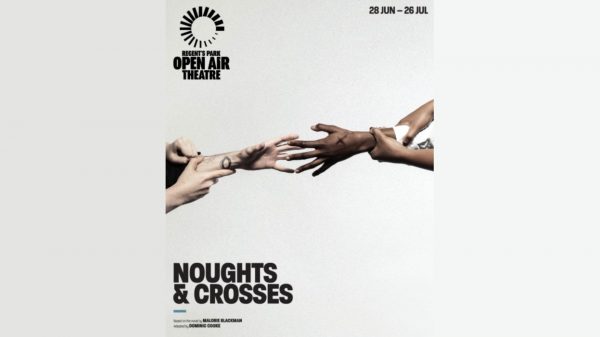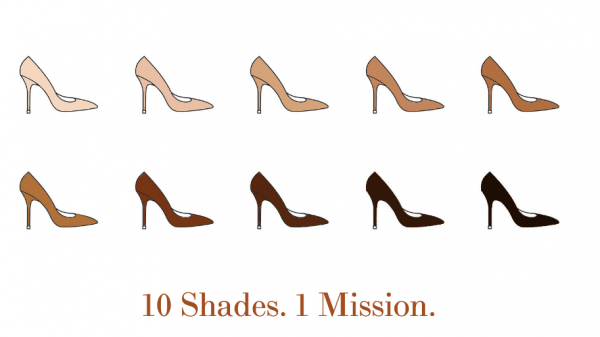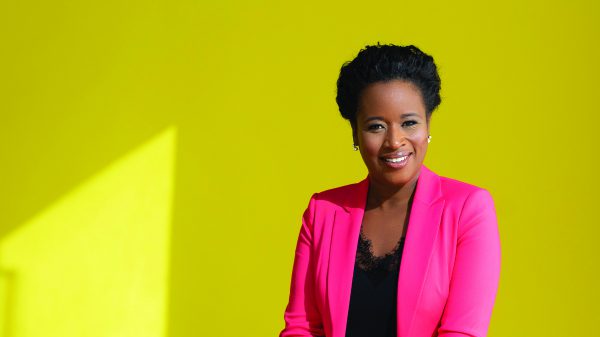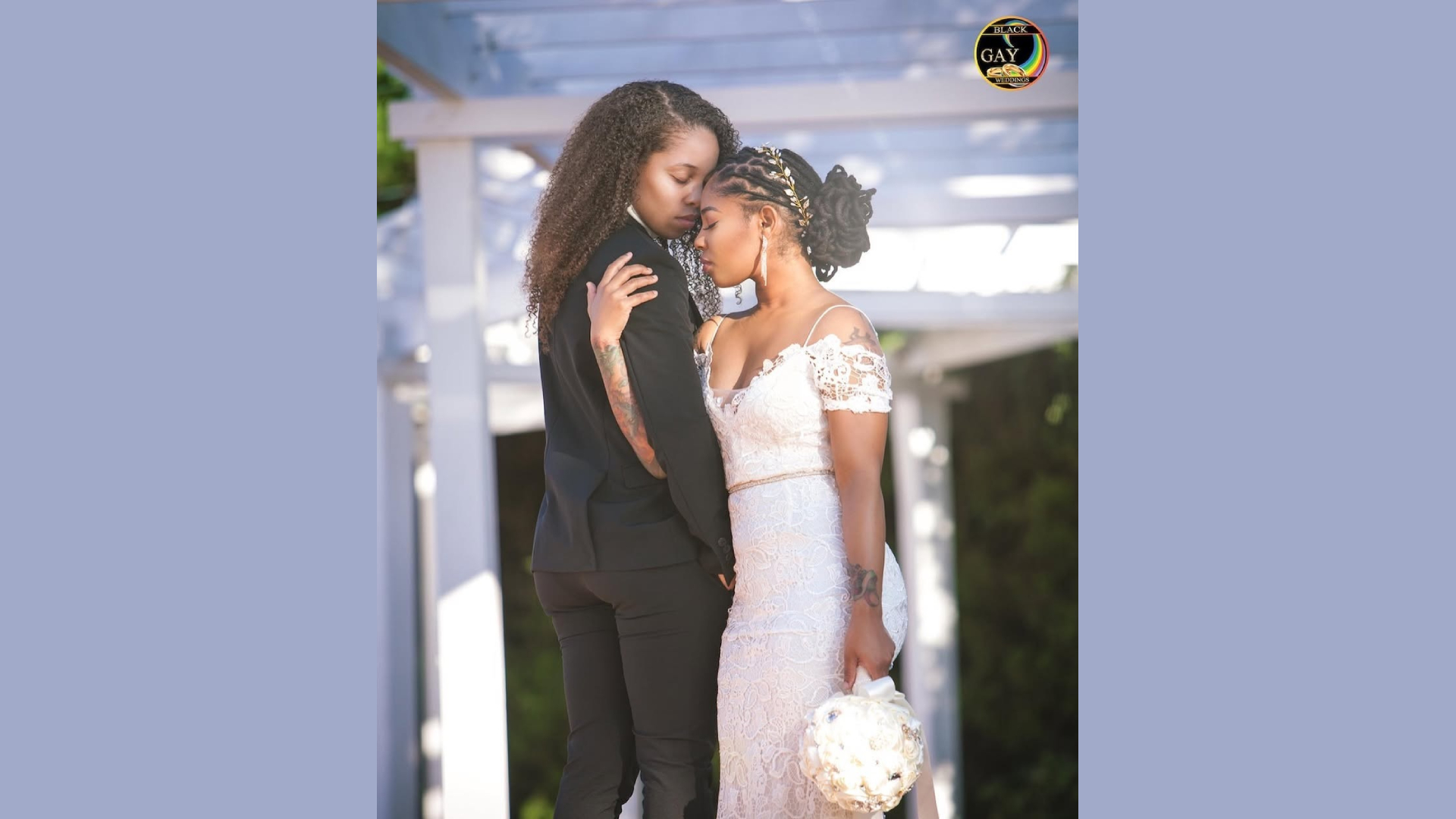In recent years, the concept of a gay destination wedding has moved beyond being just a romantic getaway or a symbolic gesture of love. It has become a transformative way for couples to celebrate their union while redefining traditions and expectations in the process. As more LGBTQ+ couples seek meaningful ways to mark their commitment, destination weddings are evolving into something much deeper: a personal, cultural, and social statement that shapes how we think about modern celebrations.
A Blend of Love, Travel, and Identity
At its core, a gay destination wedding combines the joy of travel with the freedom to express one’s identity authentically. For many couples, choosing to marry abroad is not just about picturesque backdrops or exotic venues. It’s about finding a space where they can celebrate openly, without judgment, and surrounded by supportive friends and family. Destinations that welcome diversity and offer legal protections provide the safe and affirming environment these couples need to fully enjoy their big day.
This merging of travel and identity allows LGBTQ+ couples to honor their roots, explore new cultures, and create wedding experiences that reflect their shared values. Whether it’s a beachside ceremony, a mountaintop vow exchange, or a city celebration filled with local traditions, destination weddings are offering fresh ways to personalize nuptials in ways that domestic weddings sometimes can’t.
Why Destination Weddings Resonate for LGBTQ+ Couples
One reason gay destination weddings are changing the game is that they provide an opportunity to escape the limitations some couples might face at home. In regions where equal marriage rights are not recognized or where social acceptance is limited, traveling to a destination that fully embraces LGBTQ+ unions removes layers of stress and fear.
Moreover, destination weddings naturally tend to be smaller, more intimate gatherings. This allows couples to focus on their closest supporters and avoid the pressures of extended guest lists or family expectations that might not align with their wishes. The setting itself also becomes part of the celebration’s story—a shared adventure that begins with the journey and continues through the wedding festivities.
Economic and Cultural Impact of Gay Destination Weddings
Destination weddings, including those for LGBTQ+ couples, bring significant economic benefits to the locations that host them. From hotels and caterers to local artists and performers, a single wedding can provide business to a wide network of local vendors. In destinations known for their inclusive atmosphere, this has encouraged further investments in diversity training, anti-discrimination policies, and LGBTQ+ tourism initiatives.
Culturally, gay destination weddings are helping to break down stereotypes and broaden acceptance in communities worldwide. Couples who choose to marry in locations with rich traditions often weave local customs into their ceremonies. This exchange of ideas and practices helps create mutual respect between visitors and locals and promotes greater understanding of LGBTQ+ lives.
The Shift Toward Experience-Driven Celebrations
Modern couples, regardless of orientation, are increasingly valuing experience over extravagance. For gay destination weddings, this trend takes on even more significance. These weddings are less about sticking to a script and more about crafting memories that reflect the couple’s journey, dreams, and priorities.
Activities like group excursions, local food tours, cultural workshops, or nature adventures often accompany the wedding itself. Guests are not just attendees—they become part of a shared experience that bonds everyone together beyond the ceremony. This immersive element is why destination weddings have such a lasting impact, turning a single day into an entire chapter of meaningful moments.
The Future of Destination Weddings in LGBTQ+ Communities
As global attitudes continue to shift toward greater inclusion, the appeal of gay destination weddings is only set to grow. More destinations are recognizing the value of promoting themselves as LGBTQ+-friendly, not just to attract visitors, but to genuinely support equality. Couples now have a wider range of options, from traditional romantic getaways to off-the-beaten-path locales that offer unique and deeply personal experiences.
Additionally, technology is making it easier for couples to plan, connect with vendors, and navigate legal requirements from afar. Virtual tours, digital consultations, and online communities allow couples to design their dream destination wedding with confidence, no matter where they are.
A Celebration That Goes Beyond the Couple
Ultimately, a gay destination wedding is about more than two people saying “I do.” It’s about creating a ripple effect that touches families, friends, local communities, and even strangers who witness the celebration. These weddings challenge outdated notions of what marriage should look like, and in doing so, they help create a more inclusive world—one celebration at a time.






